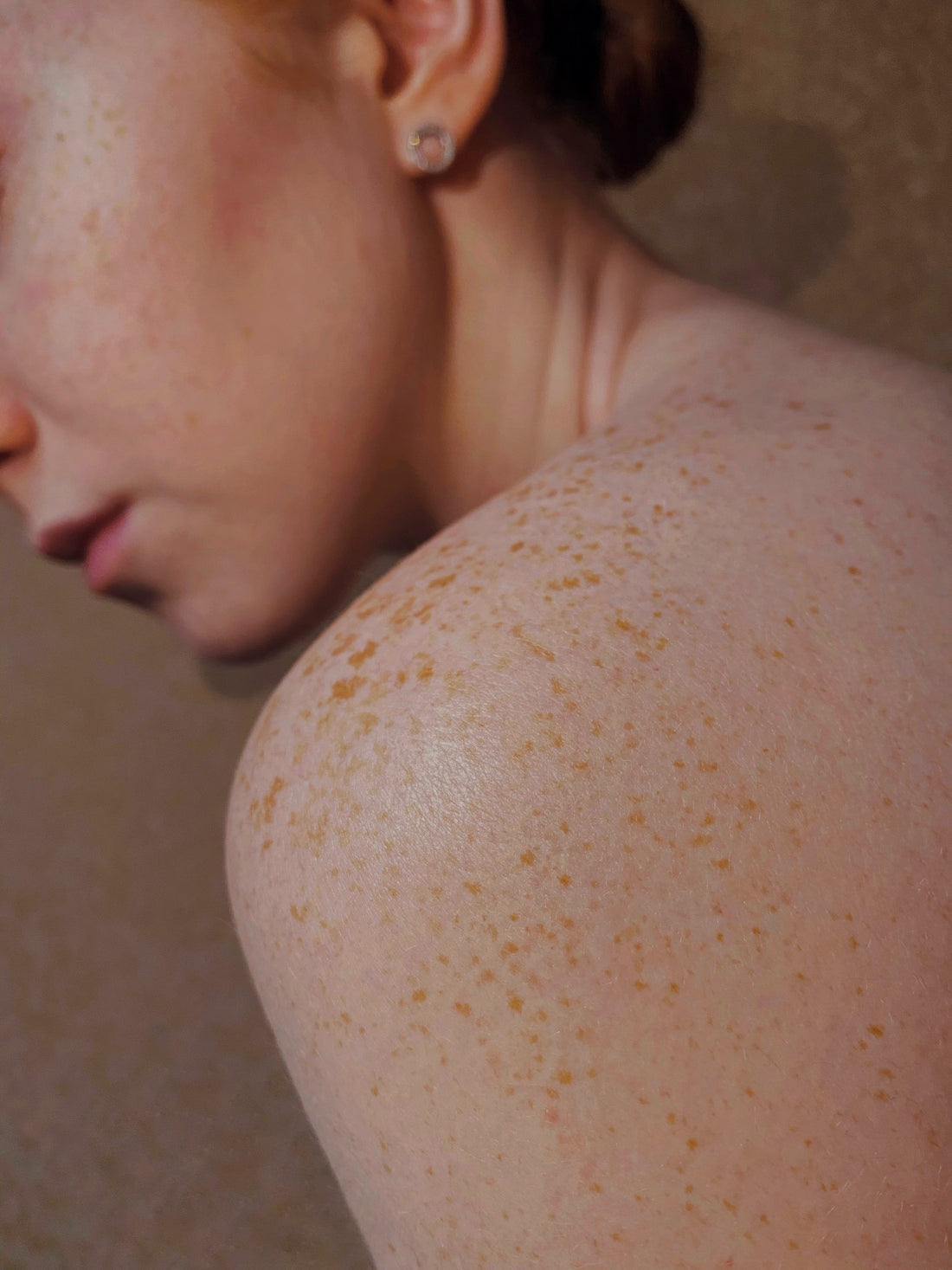Dealing With Persistent Skin Conditions
Dealing with persistent skin conditions can be challenging, but there are steps that you can take to manage and alleviate their symptoms as much as possible! This blog will be covering some of these general tips that can hopefully provide you with some relief!
Consult with you Dermatologist
The first step when dealing with any persistent skin conditions is to always seek professional advice. Especially if you are suffering from this condition, it is crucial to consult a dermatologist. They can accurately diagnose your condition, provide a treatment plan and offer personalized advice based on your specific needs.
Follow the Prescribed Treatment
Once you have a diagnosis and a treatment plan, it is then essential to follow it consistently. We always preach that consistently is so key when it comes to skincare and it is even more important when it comes to dealing with persistent conditions! Consistency here may include using prescribed medications, creams, ointments, or following specific skincare routines. Be patient, as some treatments may take time to show results.
Keep the Affected Area Clean & Moisturized
Follow proper skin care hygiene by gently cleansing the affected area with a mild, non-irritating cleanser. Avoid harsh soaps or scrubbing that can aggravate the condition even further. After cleansing, apply a suitable moisturizer to keep the skin hydrated and to help prevent excessive dryness or flaking.
Avoid Triggers
It is important to identify and avoid any triggers or irritants that worsen the condition. These can include certain skincare products, allergens, harsh chemicals, fragrances or even environmental factors. Pay attention to what exacerbates your symptoms to try to eliminate or minimize exposure to those triggers in the future.
Practice Stress Management
Stress can sometimes aggravate skin conditions or trigger flare-ups. Find healthy ways to manage stress, such as exercise, meditation, deep breathing techniques, or engaging in activities you enjoy. If needed, seek additional support from a mental health professional as their guidance and advice can be extremely beneficial!
Maintain a Healthy Lifestyle
A healthy lifestyle can support overall skin health. Eat a balanced diet rich in fruits, vegetables, whole grains and lean proteins. Stay hydrated by drinking plenty of water. Avoid smoking and limit alcohol consumption, as they can have an extremely negative impact on the skin.
Seek Emotional Support
Persistent skin conditions can have a significant impact on mental well-being. Reach out to friends, family or support groups to share your experiences and seek the emotional support that you may need. Connecting with others who have similar conditions can also provide you with valuable insights and coping strategies that might help you more than you can imagine!
PAUME Takeaways
Remember, every skin condition is unique and what works for one person may not work for another, especially when it comes to personal struggles with a single condition. It’s essential to work closely with a dermatologist to develop a personalized treatment plan tailored to your specific condition and needs. They can monitor your progress and make necessary adjustments along the way that are conditioned to your individual case.

